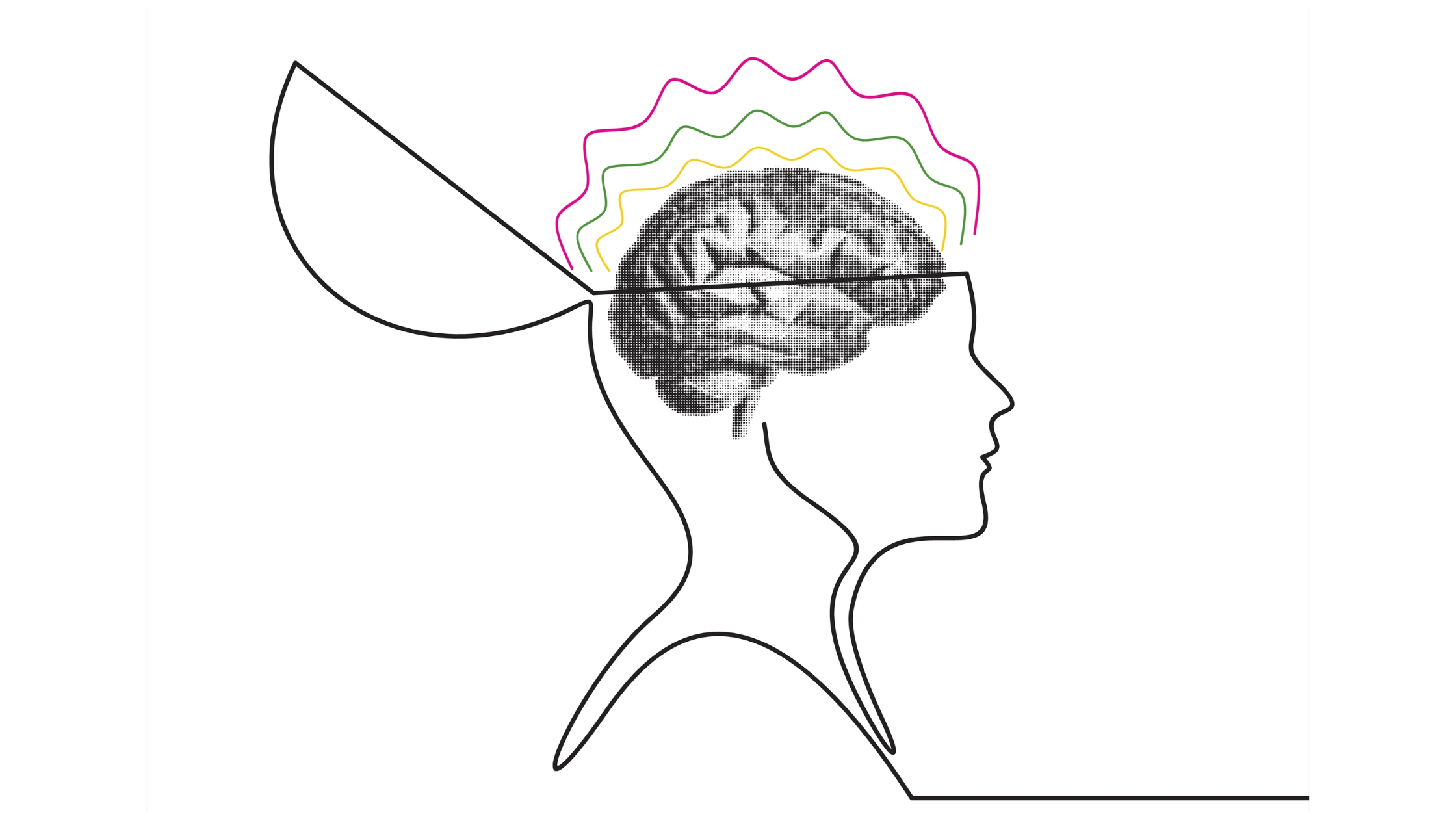Practicing mindfulness involves bringing your attention fully to the present moment, and for a simple practice, it has some powerful results. Being focused and aware of your surroundings on the project site is crucial to worksite safety, but improving your awareness has other benefits, too. Regular mindfulness practice can also reduce anxiety and depression, improve sleep, boost your brain, and even make it easier to manage chronic pain.
What is mindfulness?

There’s been a ton of buzz about mindfulness in the last few years, and perhaps somewhat ironically, all that noise can make it seem overly complicated, requiring long guided meditations, slickly designed paid apps, or pricey retreats.
But mindfulness is a state of active, open attention to the present moment. To practice, you just need to become aware of what you are thinking, feeling, and experiencing without ruminating about the past or worrying about the future.
Put simply, be present.
You can try it right now, in fact, by closing your eyes, taking a deep breath, and bringing your awareness to:
- Your body: Are you tense? Sore? Relaxed? Energetic? Scan your body head to toe and notice how it feels.
- Your mind: Notice any background thoughts, worries, or to-do lists (and maybe even that little voice telling you this exercise is a waste of your precious time).
- Your environment: Feel the temperature, the wind (or lack thereof), and whether it’s light or dark. Can you hear the fridge humming, the shrill sound of concrete drills, or the noise of the people around you?
- Acceptance: Try to sit with these things you’ve noticed without wishing they were different. Feel your sore back without kicking yourself for not booking a massage. Notice your chattering mind without feeling bad that it isn’t clear and empty. Hear what’s going around you without being pleased or irritated—just accept it for what it is.
There. You’ve just practiced a few minutes of mindfulness.
It’s very simple, but when you start practicing mindfulness regularly, you quickly realize how much information we become used to tuning out and how little we are present in our daily lives. If you’ve ever arrived home without remembering a thing about the drive, you know exactly what we mean.
This lack of awareness can be a major hazard to your health (which we’ll dive into a little later) and your safety. It’s easy to get into the habit of operating on auto-pilot, but cultivating mindfulness and awareness can prevent serious mishaps at work. Letting your mind wander to that fight you had with your partner or plans for the upcoming weekend isn’t such a big deal if you’re working in a cubicle, but on a job site filled with heavy equipment, sharp tools, and dangerous machinery, that kind of distraction can be fatal.
Why being mindful can bring better health
Mindfulness has immediate benefits when it helps you stay aware in the present moment. However, making mindfulness a part of your daily life can also have long-term payoffs, such as reducing anxiety and depression, improving your sleep, getting sick less often, and even reducing chronic pain.
- Reduced stress, anxiety, and depression. Many studies have shown that mindfulness practices can positively impact your mental state. A 2018 meta-analysis reviewed 18 studies on the subject, concluding that regular mindfulness practice can reduce anxiety and depression. Another 2019 study showed that participating in mindfulness-based stress reduction (MBSR) effectively reduced the amount of stress participants felt and increased their sense of well-being and job satisfaction.
- Improved sleep. Just ten days of mindfulness practice can help you sleep better and stay asleep longer.
- Boosted immune system. Research shows early, tentative results when using mindfulness-based meditation to strengthen the immune system, including positive effects on specific markers of inflammation, cell-mediated immunity, and biological aging.
- Better brain health. After just 40 days of mindfulness meditation, participants in a 2019 study showed changes to the physical structure of their brains, including a thicker cortex. This is important to brain health because intellectual ability is related to cortical thickness, and cortical thinning may lead to cognitive deterioration.
- Pain management. Chronic pain can be debilitating, and every prescription that promises to relieve it also seems to come with a laundry list of side effects. Mindfulness is a free intervention with zero side effects that has shown promising results for reducing physical problems like pain intensity and physical disability.
Quick and simple ways to be mindful throughout your day

Mindfulness practices don’t have to be long, complicated, or expensive. These practices are a great place to start, but if they don’t feel right for you, feel free to try something else. Above all else, remember that the most effective mindfulness practice is the one you will actually do.
Morning meditation
There’s a reason we say that a grumpy person must have gotten up on the wrong side of the bed. Mornings can set the tone for the entire day, and a morning meditation can start yours off on the right foot.
If you’ve never meditated before, finding a short guided meditation can help you get started, but you can also set a timer and dive in. It may not feel like you’re doing much, but by closing your eyes, sitting comfortably, and focusing on your breath or a mantra, you’ll be engaging in a thousands-of-year-old mindfulness practice.
Start gradually and set yourself up for success by meditating for just two or three minutes, and then extend the time to 15 or 20 minutes as you get more comfortable with the practice.
Mindful walking
Even on the busiest day, you can take 10-15 minutes to go for a walk. But instead of popping in your earbuds and pressing play on your favorite podcast, practice mindfulness instead.
- Start by taking a deep breath and letting go of any worries or concerns.
- Begin walking at a relaxed pace and start noticing how it feels. Notice how your feet make contact with the ground, how your legs move as you walk, and any changes in your heart rate or breathing.
- Next, spend a few minutes noticing your surroundings. It doesn’t matter whether it’s a busy construction site or a public park; just notice the sights, sounds, and sensations around you.
- Continue this practice throughout your walk. If you notice your mind wandering, don’t beat yourself up; just bring your awareness back to what you’re seeing, hearing, and feeling in the present moment.
Mindful eating
This mindfulness practice is helpful if you’re worried about remembering to do it. Tying a mindfulness exercise to mealtimes means you can remember it easily, and you’ll practice a few times daily.
Like mindful walking, mindful eating involves training your attention to focus only on the present moment. Put your phone away, take out your earbuds, and become aware of your surroundings. Pay attention to every bite of food—the taste, the texture, the temperature. Chew slowly and listen to what’s going on around you. Notice the chatter of your mind and maybe even the slight impatience you feel. Become aware of it all.
Mindfulness made easy
Far from being some mystical, magical thing only Buddhist monks can do, the practice of mindfulness (and the benefits of doing so) can be available to everyone! It’s simple, free, and can be done anytime and anywhere. Whether you’re meditating, walking mindfully, or eating mindfully, being mindful can bring more attention and awareness to your life.



1 comment